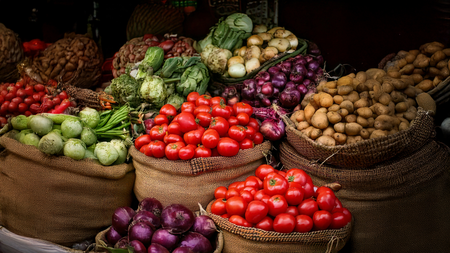
New Delhi- The upcoming GST 2.0 reforms could moderate Consumer Price Index (CPI) inflation by 65–75 basis points over FY26–27, according to an SBI report. The simplified tax system is expected to boost consumption, particularly among the middle class, while also improving ease of business and living.
The report noted that the GST rate on around 295 essential items has been reduced from 12 per cent to 5 per cent or nil. With a 60 per cent pass-through effect on food items, this is likely to lower CPI inflation in this category by 25–30 bps in FY26. Similarly, rationalised service tax rates are expected to bring down inflation by another 40–45 bps, assuming a 50 per cent pass-through effect.
Out of 453 goods affected by rate changes, 413 saw reductions, while only 40 witnessed increases. The government has estimated the fiscal impact of the rationalisation at ?48,000 crore annually. However, SBI projects a minimal revenue loss of just ?3,700 crore due to higher consumption, with no effect on the fiscal deficit. Historically, rate cuts have even boosted revenues by nearly ?1 lakh crore.
The report stressed that the reform should be seen as a structural change aimed at simplifying the tax regime, reducing compliance burdens, and broadening the tax base. It also highlighted a positive impact on the banking sector through cost efficiencies, as most relevant GST rates have been lowered.
A significant relief is the removal of GST on individual health and life insurance premiums (including reinsurance). This is expected to make insurance more affordable, encouraging households to increase coverage and attracting new buyers.
With inputs from IANS